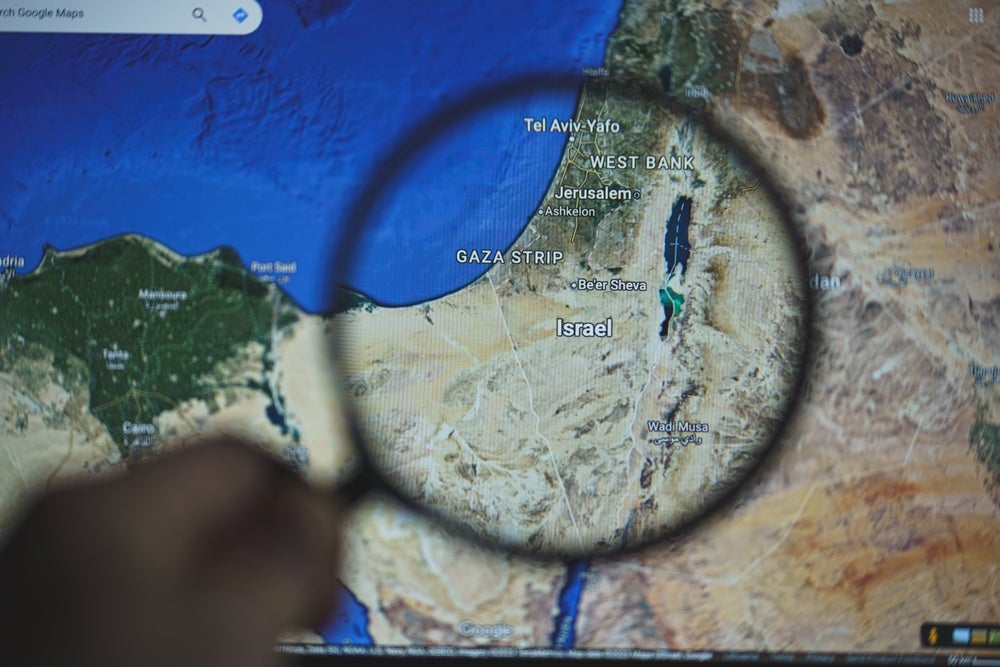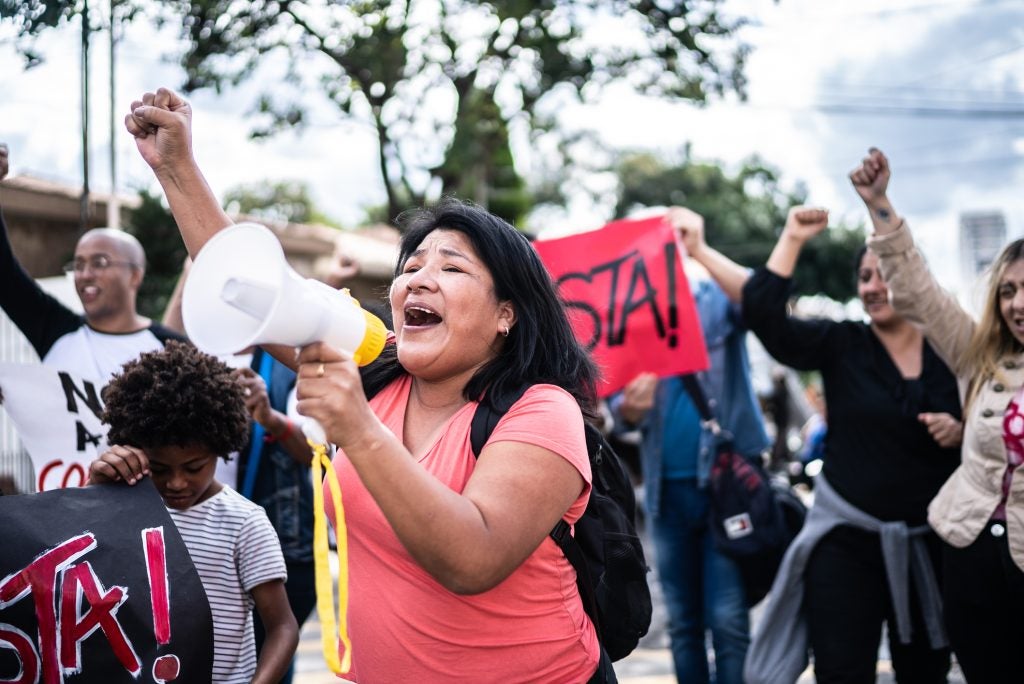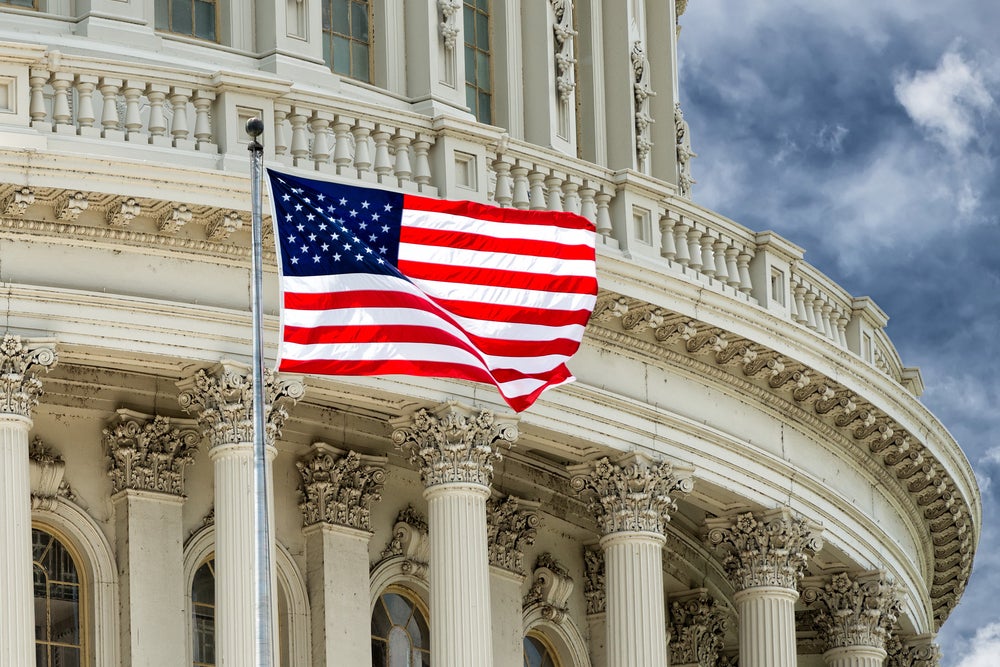The top X post from this week came from the National Council of Textile Organizations (NCTO) who posted a video of US commissioner Kim Glas explaining why the de minimis loophole is an outdated trade provision with potentially harmful consequences for both American consumers and industry.
Glas wrote a guest piece on Just Style where she said the failure to fully enforce the Uyghur Forced Labor Prevent Act (UFLPA) and the de minimis loophole is devastating US textile and garment makers.
Glas called on members of Congress to demand that the US government take the actions necessary to stop forced labour human rights abuses.
Elizabeth L. Cline who co-authored the latest report from the Transformers Foundation, which looked at the challenges within the fashion sector’s climate initiatives, posted on X and suggested a collaborative approach to tackling decarbonisation.
The report titled “Towards A Collective Approach: Rethinking Fashion’s Doomed Climate Strategy” highlighted the disconnect between the apparel industry's pursuit of Science-Based Targets (SBTs) with feasibility and financing.
It spotlighted potential shortcomings in the fashion industry’s roadmap for achieving climate goals with in-depth interviews from denim suppliers and stakeholders from major garment-producing nations it says it hopes to provide insights into how the fashion industry can re-evaluate its climate strategy.
The Bangladesh Denim Expo posted to share the introduction of the 15th Bangladesh Denim Expo which took place between 8-9 November.
During the opening ceremony, Siddiqur Rahman, former BGMEA president stressed the necessity of doubling denim exports by 2030, expressing his confidence that brands and retailers would prefer Bangladesh due to its “exemplary progress in workplace safety and sustainability.”
In another X post the International Trade & Marketing (ITM FIT) service company, shared that they attended the 35th USFIA Apparel Importers Trade and Transportation Conference.
Robert Silvers, undersecretary for policy at the US Department of Homeland Security and chair of the Forced Labour Enforcement Task Force spoke at the USFIA conference on how the Uyghur Forced Labor Prevention Act is being enforced, 17 months after it came into effect and the role technology can play in proving the source of imported apparel and textiles.
Our signals coverage is powered by GlobalData’s Thematic Engine, which tags millions of data items across six alternative datasets — patents, jobs, deals, company filings, social media mentions and news — to themes, sectors and companies. These signals enhance our predictive capabilities, helping us to identify the most disruptive threats across each of the sectors we cover and the companies best placed to succeed.















